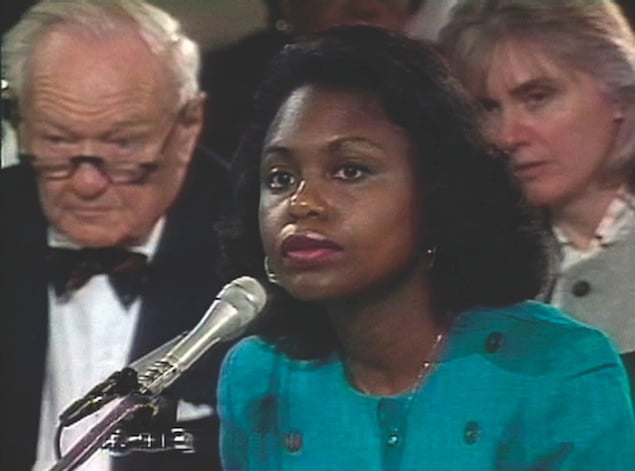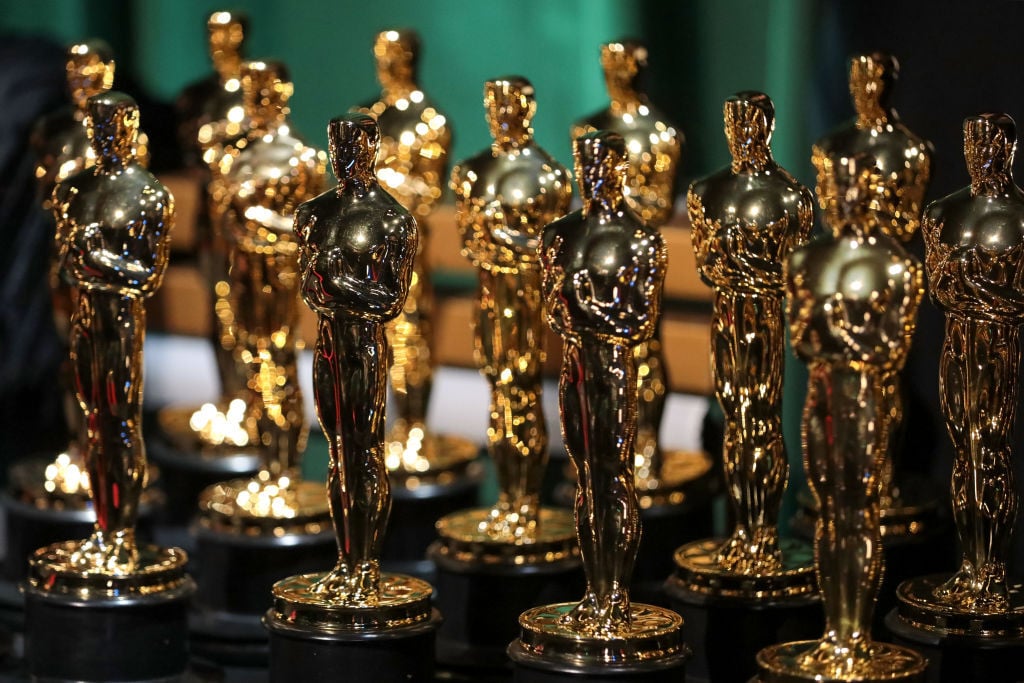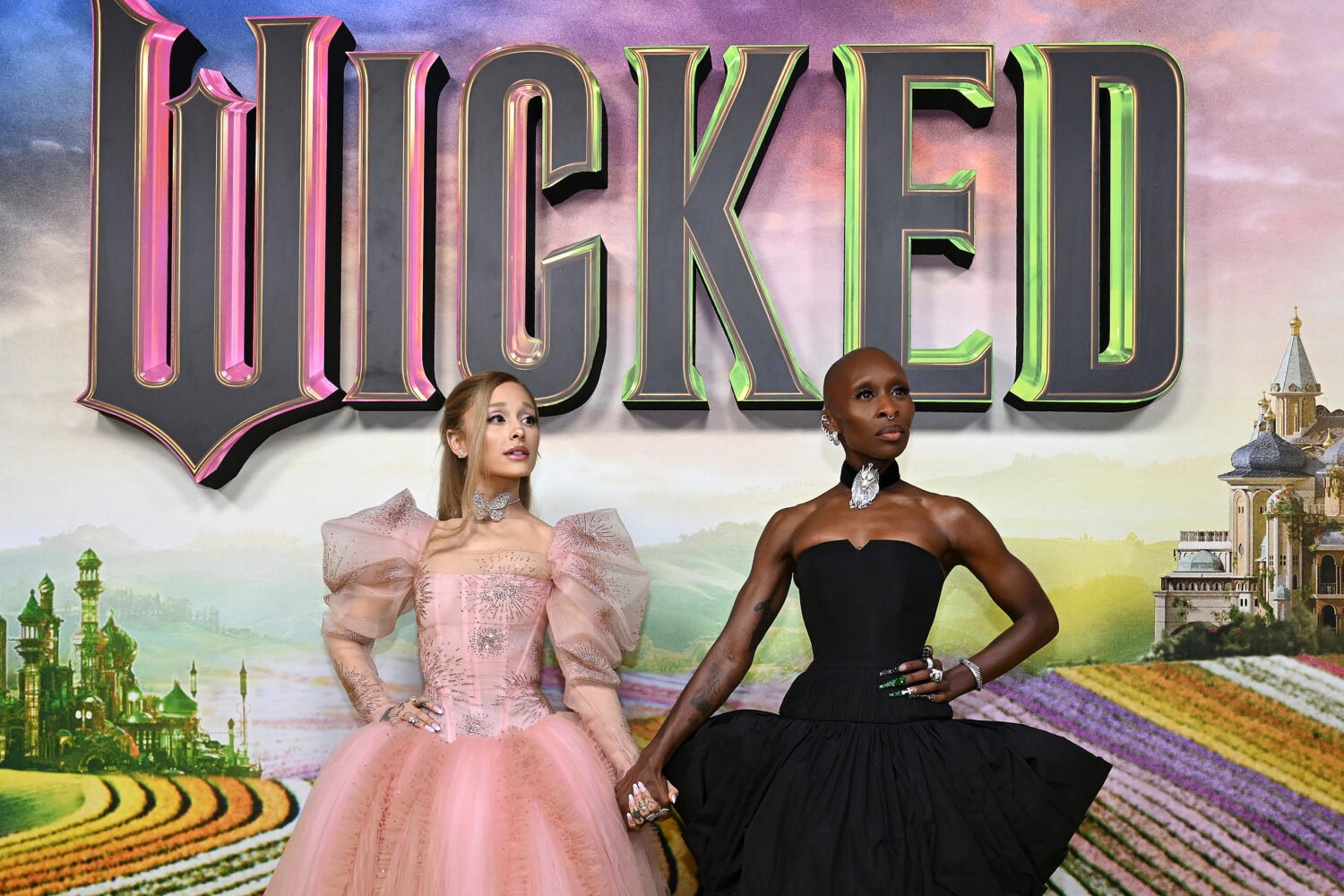The sight of an all-white, all-male panel discussing issues that affect women is, sadly, not unfamiliar in these times, whether it’s the House Oversight Committee debating contraceptive insurance coverage, or a Judiciary subcommittee proposing a nationwide ban on abortions after the 20-week mark, or the Joint Chiefs of Staff testifying about sexual assault in the military.
But there’s still something shocking about the CSPAN footage of Anita Hill testifying to a Senate committee about being sexually harassed by Clarence Thomas in 1991. Led by none other than Vice President Joe Biden, and featuring an all-star lineup including Orrin Hatch, Arlen Specter, and a distinctly uncomfortable Ted Kennedy, the panel seems to approach Hill with attitudes ranging from bewilderment to barely concealed rage.
Anita is Academy Award-winning filmmaker Freida Lee Mock’s tribute to Hill, 22 years after she polarized America. Mock follows Hill around her Brandeis University office (the words “Speak Truth to Power” are framed on her wall) and explores in detail the case that made her both a household name and a national target. The film opens with a lingering shot of a telephone, followed by the audio of a now-infamous voicemail left by Ginny Thomas in 2010. “Good morning, Anita Hill,” says the voice. “I just wanted to reach across the airwaves and the years and ask you to consider something. I would love you to consider an apology sometime and some full explanation of why you did what you did with my husband.”
The fact that people continue to doubt the veracity of Hill’s sworn testimony seems bemusing to both Hill and Mock (Hill, after all, passed a polygraph during the furor, while Justice Thomas refused to take one), and makes up a large part of Anita’s narrative. Mock interviews New York Times editor Jill Abramson and the New Yorker’s Jane Mayer, who published a book on the case in 1994, both of whom recall vividly how hostile the panel of senators was to Hill from the beginning. Biden refused to call four character witnesses who wanted to testify on Hill’s behalf, and Howell Heflin accused her of being a scorned woman with a “martyr complex.” Remarkable amid the quirky but now-familiar details of the case (the infamous Coke can, Long Dong Silver) is how both sides seemed to want Hill discredited. “The Democrats really didn’t rescue Anita Hill the way they could have,” says Mayer, “and the Republicans were busy disemboweling her.”
Mock’s narrative doesn’t pretend to be impartial, but neither is it a hatchet job on Thomas, who appears only in archival footage to claim that the attack on his character is a “national disgrace…a high-tech lynching.” His absence is notable mainly in that while he seems to have since retreated into an implacable shell of bitterness and self-proclaimed victimization, Mock shows how Hill has steadfastly refused to let her identity be defined for her, continuing on her path as a law professor and speaking regularly to women and students across the country. “It hasn’t been wonderful,” she says, recalling the 25,000 letters she received, the death threats at home and at work, and how Republican senators in her home state of Oklahoma tried to get both her and her boss fired. “But in the end, I can’t think of any other way to do it.” Mock’s portrait of Hill—graceful, courageous, and bold in the face of implacable opposition—is inspiring to watch, and a thoughtful reminder of an important chapter in the battle for gender equality.
Playing June 23, 7:30 PM, at the National Portrait Gallery.

















